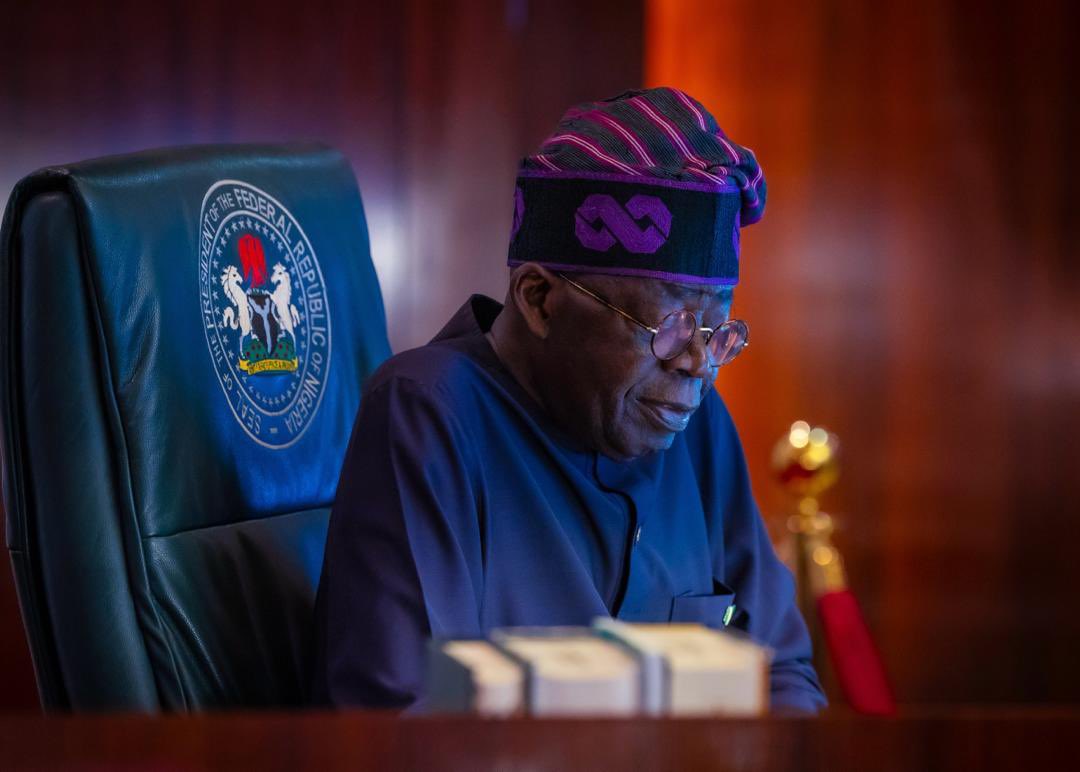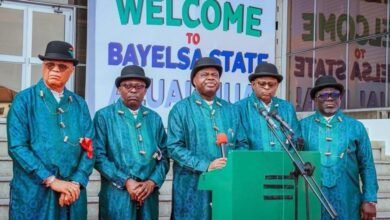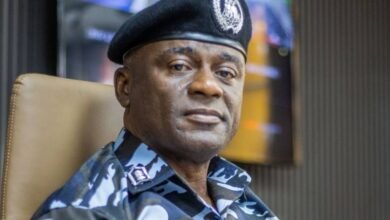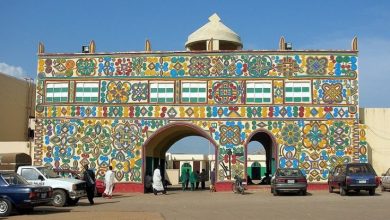
The declaration of a state of emergency has always been a contentious issue in Nigeria. The supporters of the government are first to tout how much of the best thing it is to democracy, while the opposition never admit its benefit. Whether or not it is hinged on political causes, or economic reasons, it is within the power of the President to exercise within the framework provided by the constitution.
The first proclamation of a state of emergency occurred during the political regime of Prime Minister Tafawa Balewa (please include the year if you can). On October 1, Prime Minister Balewa addressed the nation in a nationwide broadcast, stating that his government had been aware for some time of certain politicians’ violent intentions to forcibly overthrow the legitimate government of Nigeria. Soon after, a ban was placed on public meetings across Western Nigeria. Following further investigations, Chief Obafemi Awolowo and 26 others—including Anthony Enahoro, Sam Ikoku, Ayo Adebanjo, Lateef Jakande, Alfred Rewane, J.S. Tarka, Josiah Olawoyin, Dr. Oladipo Maja, Bisi Onabanjo, and James Aluko—were charged with conspiring to overthrow the federal government by force.
Several decades later, a state of emergency was declared by President Olusegun Obasanjo on May 18, 2004. Citing Section 305 of the 1999 Constitution, he imposed a state of emergency on Plateau State, suspending the elected governor, Joshua Dariye, and the State House of Assembly in the process. He accused the governor of failing to act to end a cycle of sectarian violence between Plateau State’s Muslim and Christian communities, which had resulted in many deaths. Despite having valid reasons for his proclamation, the order was met with hesitation, especially from lawmakers like Femi Falana. In a published piece, Falana explained how he pleaded with the president to rescind his order:
“In 2006, we condemned the illegal dissolution of democratic structures when President Olusegun Obasanjo imposed emergency rule on Plateau State and Ekiti State, respectively. Regrettably, on both occasions, the Supreme Court refused to determine the constitutional validity of the dissolution of democratic structures on the ground that the suits were procedurally incompetent because they were instituted during the six-month emergency period by the suspended legislators in the name of Plateau State without the authorization of the sole administrator of the state!” he wrote.
Before the most recent declaration of a state of emergency by President Bola Tinubu, President Goodluck Jonathan had also tested the waters by declaring a state of emergency in some local governments in Borno and Plateau States during his time in office. Although he assured the public that the three arms of government would remain functional in the affected states, political opposition, particularly the Action Congress of Nigeria (ACN), remained skeptical.
Following his proclamation, the party’s publicity secretary, Alhaji Lai Mohammed, warned:
“If this despotic tendency is not checked, nothing prevents the President, in the name of the ongoing fight against Boko Haram, from extending this power grab to other states that catch his fancy.”
Similarly, Senior Advocate of Nigeria (SAN) Femi Falana advised the president against taking anti-democratic actions by removing elected governors and dissolving democratic structures.
The declaration of a state of emergency in Nigeria has historically been a tool for maintaining order and addressing crises, but it has often been subject to political maneuvering. While it is intended to protect national stability, concerns about its misuse persist.




